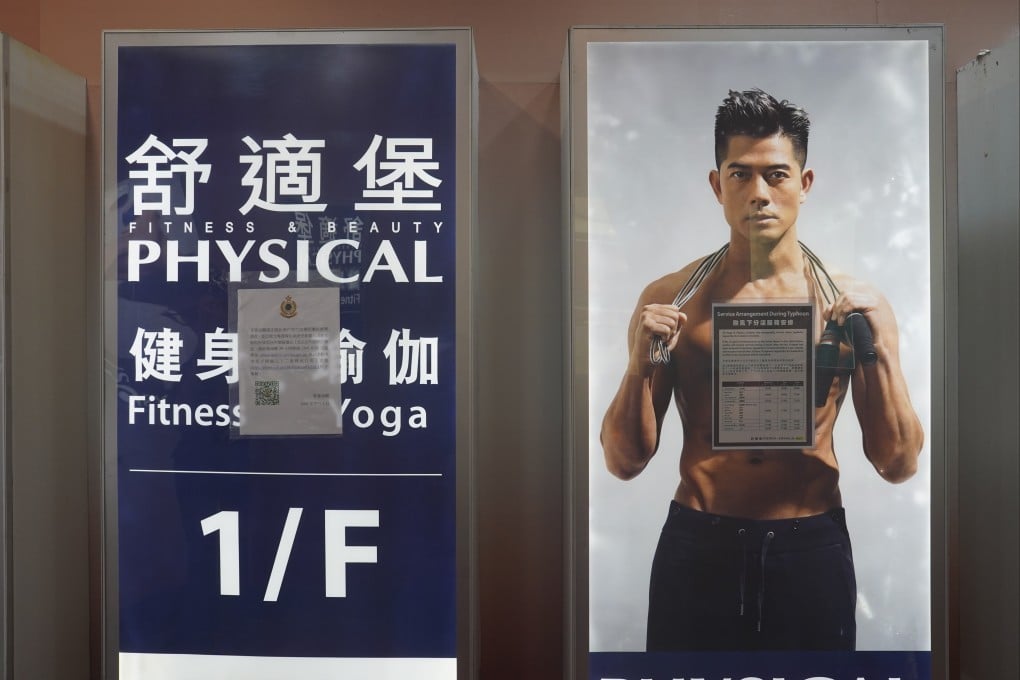Editorial | Long-term contracts and hard-sell tactics at Hong Kong gyms must be scrutinised
Closure of Physical Health Centre outlets in Hong Kong should serve as a wake-up call to authorities to take action against unscrupulous practices

Heavy lifting by the authorities is needed to address some troubling issues raised by the abrupt closure of another fitness chain that has left customers and staff in the lurch. A thorough police investigation must be conducted to determine if unfair business practices were used. Lawmakers are already asking if consumer protection rules should be toned up. The city also must reflect on economic and market shifts that could be factors.
Physical Health Centre announced it would “temporarily” close its gyms across the city on September 6. The following day, it said only its Wan Chai branch would reopen under a new company. Existing members are understandably concerned. The Consumer Council has been flooded with more than 1,700 complaints. Customers have lodged claims amounting to HK$59.9 million. The largest claim involved HK$1.82 million. Some contracts spanned decades, signed just days before the gym closed and still within a cooling-off period that should allow customers to claim refunds.
Investigators should determine whether fraudulent sales were made. The shutdown also triggered an investigation by the Customs and Excise Department, which enforces the Trade Descriptions Ordinance meant to counter false and misleading information given to customers. Founded in 1986, Physical once had as many as 23 branches across Hong Kong. Its advertising material once featured Cantopop superstar Aaron Kwok Fu-shing. Signs of trouble emerged when the Mandatory Provident Fund Schemes Authority put Physical on notice for not paying about HK$3 million in staff pension contributions. Staff pay also has been missed in recent years.
Physical is not alone. International brand Fitness First quit the city in 2022 and Goji Studios in 2021. Pure Fitness has been accused of failing to pay rent and management fees. Chains blame high rents and economic hard times for their woes. Boosting the economy and easing pressure on commercial real estate tenants are certainly factors authorities and landlords must address. However, fitness centre operators and other service providers must take a hard look at their business practices.
Industry analysts say hard-sell tactics used by many chains have pushed away customers. Many now work out at newer 24-hour or private facilities offering easier payments and more flexibility. Some lawmakers are pushing to strengthen the trade ordinance and fix a loophole that allows gyms to sell decades-long memberships.
Such payments are arguably interest-free loans, which are unrecoverable if a company goes bust. Other communities around the world have safeguards, but Hong Kong has not made progress despite past scandals involving long-term memberships.
